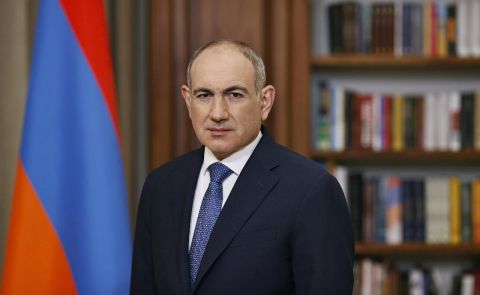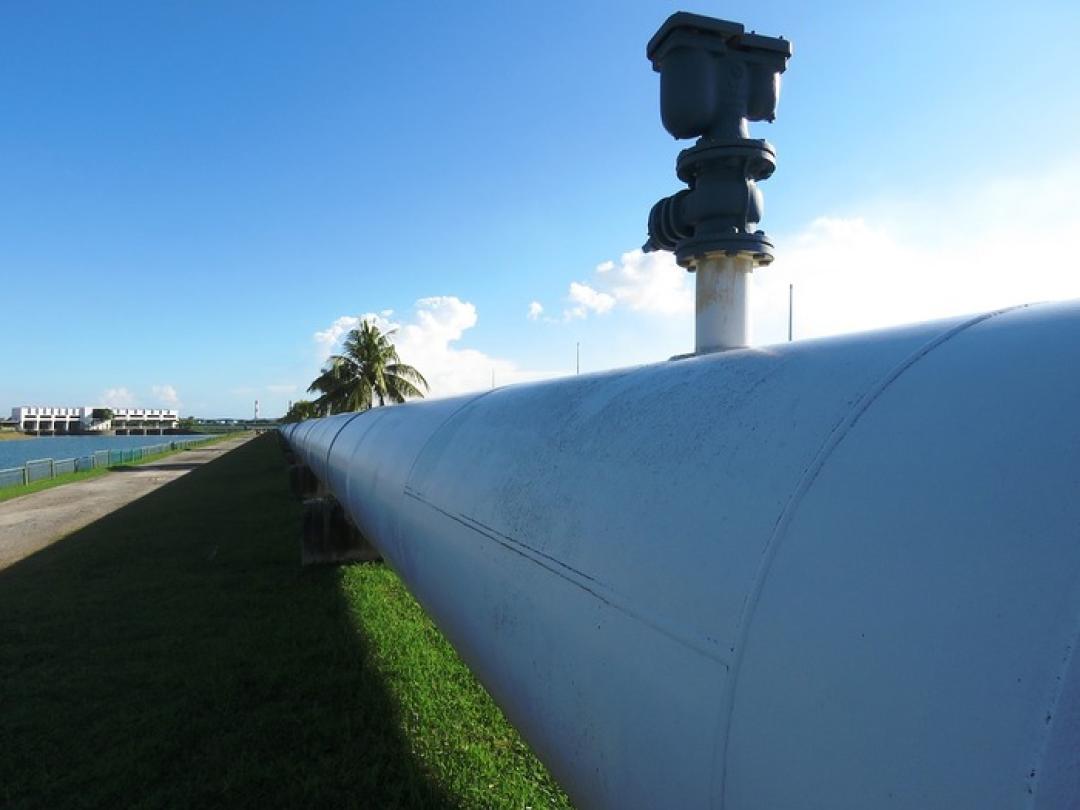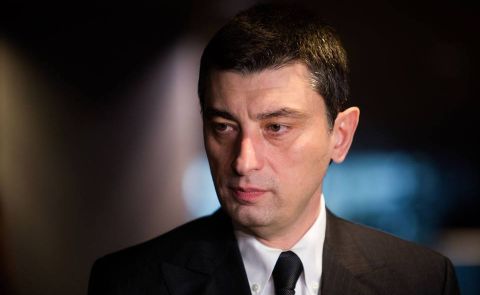
Azerbaijani Deputy Foreign Minister: "We Must be Sure that Energy Agreements with EU is Not Spontaneous Demand for Ukrainian War"

On November 3, Azerbaijani Deputy Foreign Minister Elnur Mammadov warned that fulfilling the obligation to double gas exports to the European Union will depend on the fact that the bloc will invest new investments in its pipeline network and close the long-term agreements of European companies.
Azerbaijani Deputy Foreign Minister Elnur Mammadov said these agreements should include the period after 2027. He added: "We must be sure that this [the energy agreements with EU] is not a spontaneous demand for the Ukrainian war. This war will end one day, and then you will return to gas from Russia again, and you will say well, we do not need you anymore."
"Those who are interested in investment, whether they are private, should put their state money on the table so that we can increase the volumes of exports. I would not like to say that there is a difference with the EU in this matter, but this is an important part of the issue," the Deputy Foreign Minister stated. Mammadov added that the European Union needs Alternative suppliers, but guarantees should be given to Baku. The diplomat stressed that Azerbaijan could contribute to the investments.
The EU is currently seeking to minimize its dependence on Russian gas. The expansion of the 3,500-kilometer Southern Gas Corridor requires new contracts with billions of dollars in investment and European companies.
Read also:
Georgia, Azerbaijan, Hungary, and Romania to Boost Power Delivery to EU
Azerbaijan Exports Significant Amounts of Oil to Switzerland
See Also


Russia Begins 24/7 Radiation Monitoring in Dagestan After Iranian Nuclear Incident

How Do Caucasus States React to Israel-Iran War?

Weekly Brief on Military Situation in the South Caucasus (9–15 June 2025)

Former Georgian PM Gakharia to Face Prosecution

